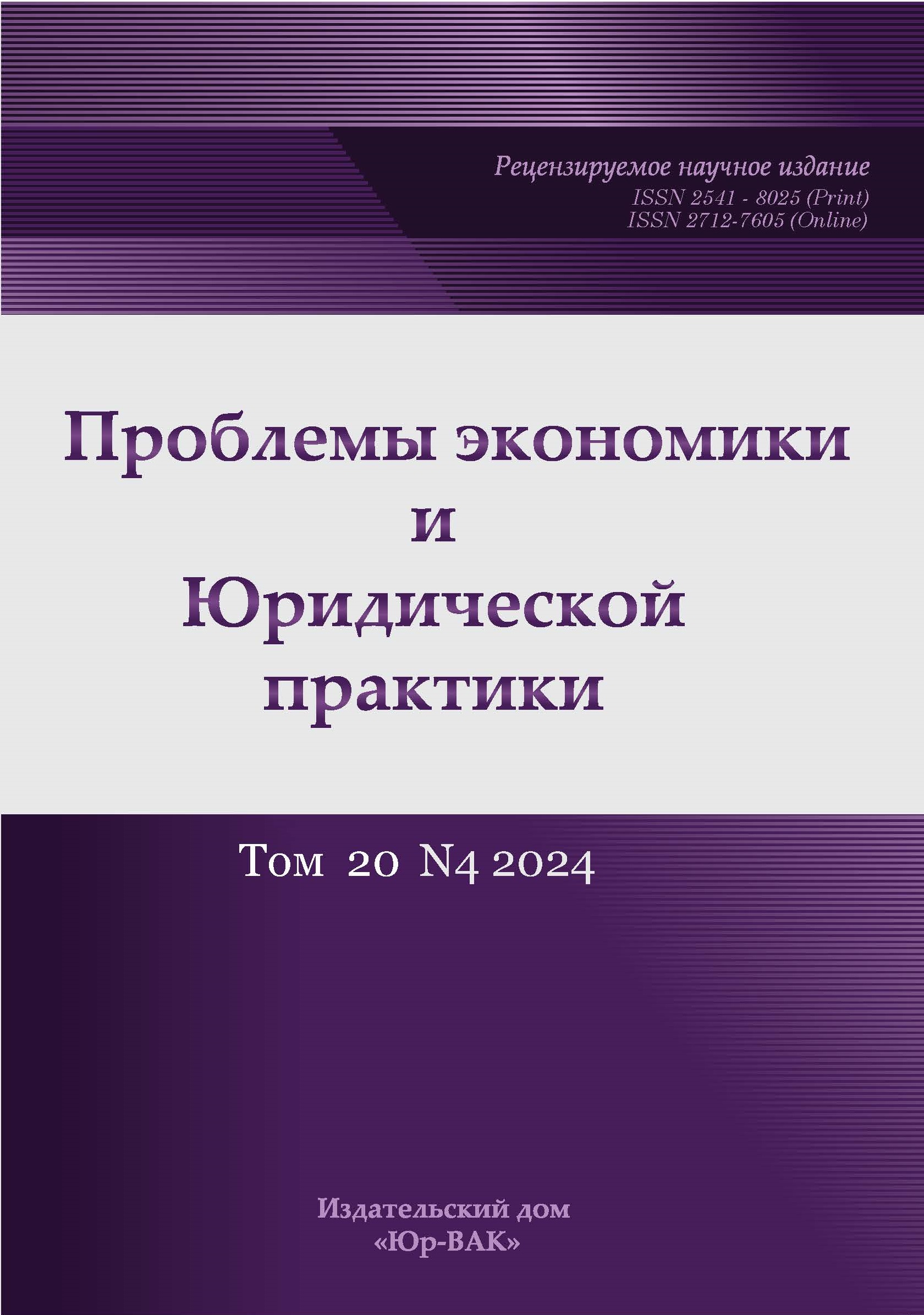Artificial Intelligence of Tax Authorities after Digitalization
- Autores: Moroz V.V.1, Yakovleva E.E.1
-
Afiliações:
- Financial University under the Government of the Russian Federation
- Edição: Volume 20, Nº 4 (2024)
- Páginas: 236-242
- Seção: Finance
- URL: https://journals.eco-vector.com/2541-8025/article/view/684464
- EDN: https://elibrary.ru/HQSOHM
- ID: 684464
Citar
Texto integral
Resumo
The purpose of the study is to analyze the effective assessment of the use of artificial intelligence in the work of tax authorities, in particular, to identify risks and problems between the protection of the rights and interests of citizens, as well as security and fairness itself in relation to the use of digital technologies at the present time. The ethical and legal aspects of the introduction of artificial intelligence in tax administration are investigated. To achieve this goal, the following tasks were set: to consider the potential of artificial intelligence in the fight against tax fraud and tax evasion, to study the relationship between tax authorities and taxpayers through the development of artificial intelligence, including international experience. Research methodology. The following methods were used in this study: classification, system analysis, comparison, induction, dynamic analysis
Texto integral
Sobre autores
Viktor Moroz
Financial University under the Government of the Russian Federation
Autor responsável pela correspondência
Email: mvv88@list.ru
Código SPIN: 4495-5016
Cand. Sci. (Econ.), Associate Professor, Professor of the Department of Taxes and Tax Administration of the Faculty of Taxes, Audit and Business Analysis
Rússia, MoscowEkaterina Yakovleva
Financial University under the Government of the Russian Federation
Email: prostoekaterinayakovleva@yandex.ru
Código SPIN: 1468-6000
the Faculty of Taxes, Audit and Business Analysis
Rússia, MoscowBibliografia
- Goryachikh S.P., Rychkova N.A., Ogorodnikova A.A. Artificial intelligence in the field of taxation // Student. The science. Region. 2023. No. 1. P. 398.
- Kazakova M.P. Artificial intelligence in tax law: an urgent problem of the 21st century // Issues of Russian justice. 2020. No. 9. P. 610.
- Kozyreva S. E., Yakovleva N.V. Development and use of artificial intelligence in the field of taxation //Economics and business: theory and practice. 2023. No. 6–2 (100). P. 14.
- Lyutova O.I. Current issues of legal regulation of tax relations in the context of the use of artificial intelligence technology // Current problems of Russian law. 2023. No. 7 (152). pp. 64–65.
- Novikova Yu.S., Selyukova A.A., Kolosov N.V. The influence of artificial intelligence on tax legislation // Bulletin of Science. 2023. No. 11 (68). T.3. pp. 425–426.
- Ogorodnikova I. I. Digital transformation of tax control: evolution and trends // Bulletin of Tomsk State University. Economy. 2019. No. 6. P. 155.
- OECD (2023), Government at a Glace 2023, OECD Publishing, Paris. URL: https://read.oecd-ilibrary.org/governance/government-at-a-glance-2023_3d5c5d31-en#page4 (access date: 06.25.2024).
Arquivos suplementares












